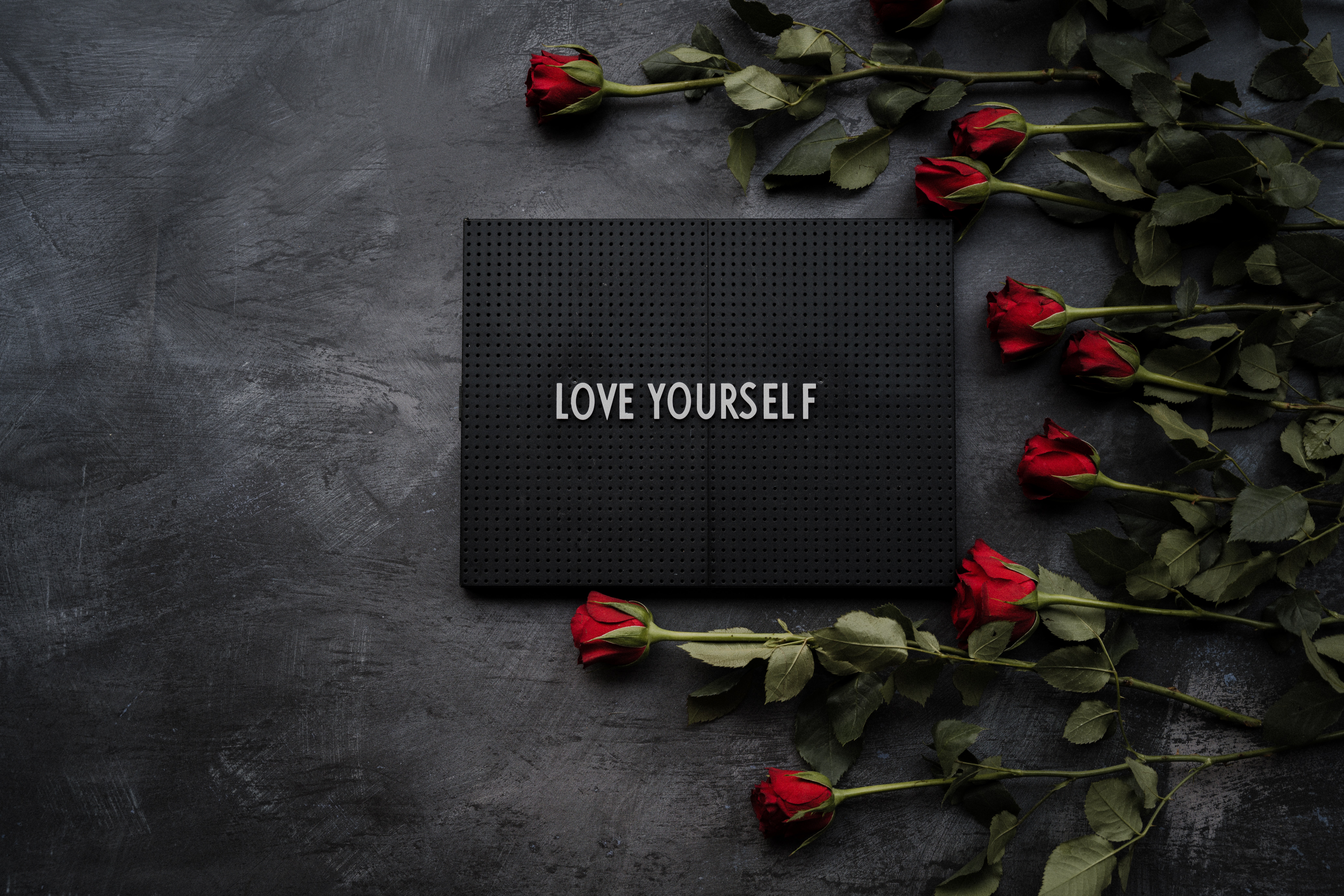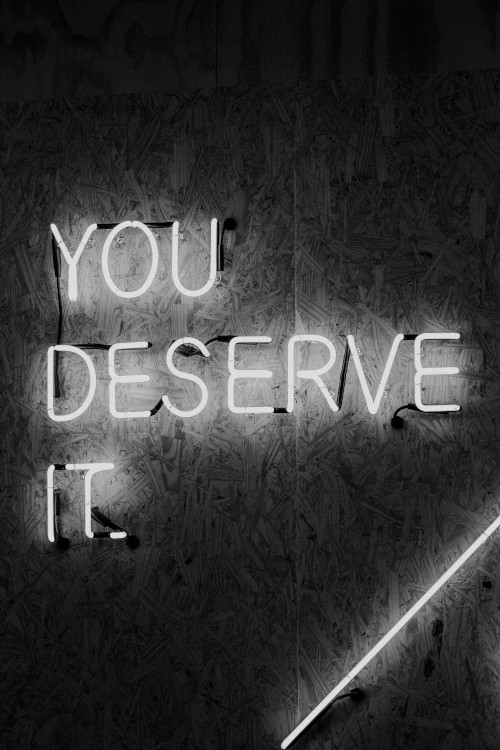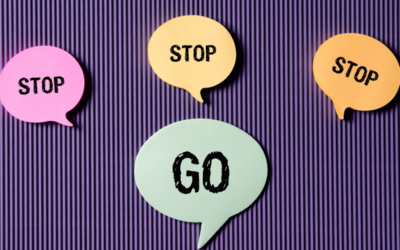Boundaries aren’t just for your relationships with other people. The boundaries you set with yourself are just as vital and are essential for living a life that feels aligned with your values.
If you didn’t have good examples of boundary setting and maintenance early in your life, or had to take on overly-accommodating roles or strict, rigid boundaries as a survival strategy, chances are that you may be struggling with healthy boundary-setting as an adult.
Boundaries are guideposts
A healthy and kind boundary is neither a flimsy fence or an impenetrable wall. Healthy boundaries most often have some degree of flexibility. For example, you may want to start setting a boundary of going to bed by 11pm each night in order to improve your sleep quality and quantity. That doesn’t mean that you have to say “no” to a special event that keeps you out later on occasion. It does mean that you might have to say “no” to your nightly habit of scrolling through social media in bed.
Why boundaries with ourselves are important
Boundaries encourage us to be mindful about how we’re spending our time and build in healthy structure, routines and rituals that support our health and wellness. We set boundaries with ourselves because we care about our well-being and know that our future self will thank us, even if our right-now self wants to keep hitting snooze,
For example, I know that I tend to feel more connected, calm and confident if I start my day out with some combination of moving my body in a nurturing way, journaling and/or meditation. I may miss a day here or there or even a whole week or two, but I’ll usually start to feel out of balance and stressed out.
Ultimately, setting boundaries with yourself is a way to practice self-compassion, to better align your values and your actions, and to keep your life running more smoothly.

What makes it hard to set and keep boundaries with ourselves?
Boundaries are easier said than done, and most people struggle on some level with creating and maintaining healthy boundaries in their lives. There are many reasons why boundary-setting can be tricky, including:
- Less than ideal examples of boundary setting from parents and other authority figures
- Experiencing either too-loose or too-rigid boundaries as a child
- A sense that we’re depriving ourselves when we set a boundary or limit
- Experiences of trauma such as having our feelings constantly invalidated, thus making us believe our needs are less important
The good news is it’s totally possible to unlearn and relearn boundaries that will support your mental health, reduce anxiety and improve the quality of your relationships.
How you can improve your self-boundaries
Connect to your “why”
Get clear on why you are setting a particular boundary. For example, maybe you have a goal of creating a better work/life balance. Why is this important to you? Do you want to spend more time with your family or friends? Make time for taking care of your physical or mental health? Allow for more space for creativity and play in your life? We’re much more likely to follow through on something when we have a personal investment in it.
Visualize and embody the feeling you want your boundaries to evoke
Take it a step further by imagining how you will feel once you’ve set the boundary. Using the example of work/life balance, ask yourself: what are the qualities I’d like to feel as a result of no longer checking my email outside of work hours? Perhaps it’s freedom, ease, feeling more present with the people around you. Bring up that feeling(s) and notice what sensations come up in your body. Breathe into it and allow it to strengthen.
Identify where there’s disconnect between your values and your behaviors
Clarify what’s really important to you and notice if how you’re spending your time and energy reflects this or not. For example, perhaps you find great joy in working on your art, but find that you’re spending more time focused on helping others. How can you bring a little more balance in and make time and space for what lights you up? This might mean blocking out a couple of hours a week and honoring that time for your creative process and saying “no” to the requests of others more often.
Take one thing at a time
If you’re new to setting limits and boundaries with yourself, it’s a good idea to start small and incremental. Don’t try to tackle all the places where you’d like to set better self-boundaries at once. For example, if you have a goal of taking better care of your physical health, you may want to address multiple areas at once, like drinking more water daily, moving your body regularly and eating more nourishing foods. While that’s great, start with just one, ideally simpler task such as “this week I will start nurturing my body by getting outside for a walk each day on my lunch break.”

Practice accountability from a place of self-compassion
Setting boundaries is hard work, and like most things in life, is not a straight path. There will be days, weeks, maybe months where you fall off. Big changes in our life such as loss happen and in those moments our priorities will shift. That’s OK. Rather than beating yourself up for falling away from the practices that keep you aligned and centered, send yourself compassion and know that it’s always OK to adust and re-adjust your course.
Celebrate along the way
Setting boundaries with yourself is no easy task. Know that part of what you’re doing is learning to be a better parent, coach, mentor to yourself. This is lifelong work and not something that changes overnight. Remember to celebrate your wins and steps toward a more values-aligned life along the way. Don’t forget to take a step back from time to time to look at how far you’ve come.
Remember you don’t have to go it alone. Working with a therapist in Philadelphia who understands what it’s like to be on this journey can be a great step toward setting and maintaining healthier and kinder boundaries with yourself.




0 Comments